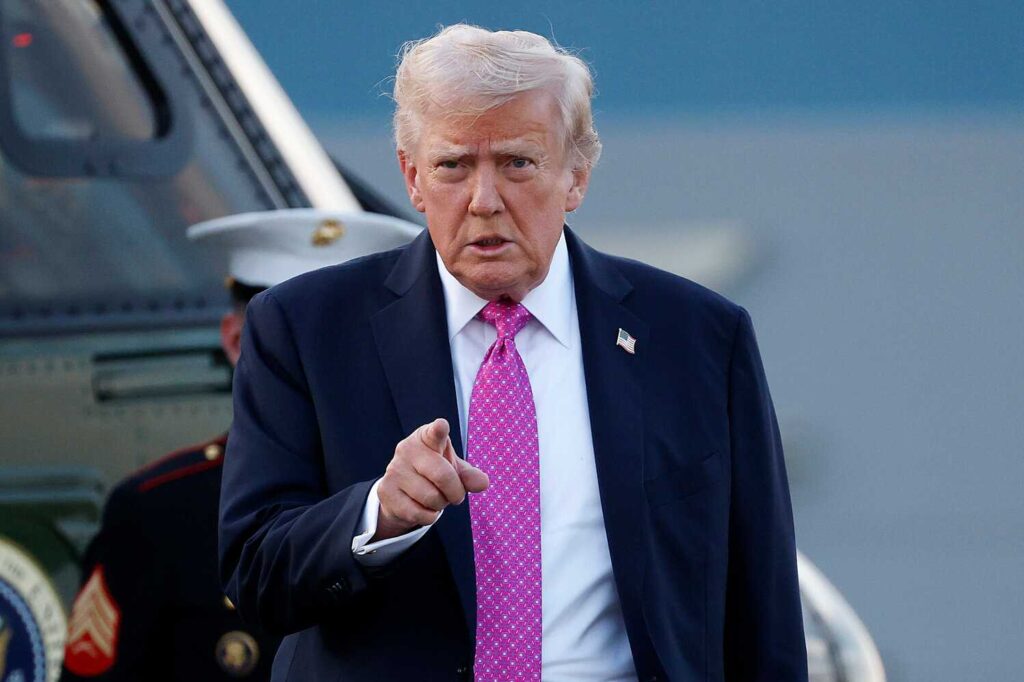In a world where the digital currency market is rapidly evolving, legislative measures are increasingly intersecting with the realm of cryptocurrencies. Recent developments spotlight the political landscape’s intricate relationship with digital assets, with a focus on preventing potential conflicts of interest among elected officials. As the crypto arena garners more attention, understanding the implications of such legislation becomes crucial for investors and stakeholders alike.
New Legislative Efforts to Regulate Crypto Holdings of U.S. Politicians
In a significant move, U.S. Representative Ro Khanna has unveiled a legislative proposal aimed at prohibiting elected officials, including the President, members of Congress, and their families, from engaging in cryptocurrency trading or accepting certain foreign investments. This initiative comes amidst heightened scrutiny of political connections with the crypto sector, following notable developments that have brought potential ethical concerns to the forefront.
Khanna’s Legislative Proposal Against Political Crypto Trading
Khanna’s proposed legislation seeks to restrict the President and other high-ranking officials from owning, issuing, or trading cryptocurrencies while in office. He emphasized the need for this measure in light of various incidents involving crypto executives and presidential activities, which have raised significant ethical questions. Previously, Khanna supported the 2023 Ban Congressional Stock Trading Act to deter stock trading by legislators, and his current proposal extends these restrictions to encompass digital currencies.
Increased Scrutiny and Investigations
Media reports suggest that numerous Democratic lawmakers are actively pursuing records related to the Trump family’s ventures into the cryptocurrency space. These efforts include requests to the Securities and Exchange Commission to preserve relevant documents, as part of a broader investigation into potential conflicts of interest. These inquiries date back to April 2, 2025, reflecting a wider initiative to trace financial connections and influence within the political and crypto sectors.
Implications of Political Decisions and Crypto Relationships
Khanna and fellow legislators have highlighted instances such as the presidential pardon of Binance founder Changpeng Zhao, asserting that such decisions underscore how political actions can intertwine with the crypto industry’s relationships, potentially eroding public trust. Reports indicate that substantial sums and possible deals have come under scrutiny, including a Trump-linked stablecoin arrangement valued at an estimated $2 billion, fueling the urgency among critics.
Key Provisions of the Proposed Law
According to initial drafts, the law would require covered officials to divest their digital assets, prohibit the creation of tokens during their tenure, and restrict foreign funding associated with crypto ventures. Similar legislative efforts in Congress aim to extend trading prohibitions to stocks and other securities for senior officials. Several bills addressing these objectives have been filed this year, with Congress.gov records noting ongoing discussions about digital asset restrictions and broader bans on stock trading within the 119th Congress.
Potential Impact of Khanna’s Proposal
If enacted, this legislation could significantly alter the landscape of political involvement in cryptocurrency markets. It aims to enhance transparency and reduce the potential for perceived conflicts of interest, bolstering public confidence in the political process amid the rising prominence of digital currencies.
Why Is Regulating Cryptocurrency Important for Politicians?
Regulating cryptocurrency holdings among politicians is crucial to prevent conflicts of interest and ensure transparency. As digital currencies become more integrated into the global financial system, it’s essential that public officials manage their investments in a way that upholds public trust.
What Are the Potential Contributions of This Legislation to Public Trust?
By restricting cryptocurrency dealings of elected officials, the legislation aims to minimize perceived ethical violations and enhance the integrity of political decisions related to the crypto industry. This could increase public confidence in political institutions handling emerging financial technologies responsibly.
How Could This Legislation Affect the Cryptocurrency Market?
This legislation could lead to increased regulatory oversight, potentially affecting market dynamics and investor sentiment. However, it may also pave the way for more stable and transparent market operations, benefiting the industry in the long term.
What Are the Broader Implications for Investors?
Investors may see this as a step towards more predictable regulatory environments, potentially encouraging investment from those who have been hesitant due to concerns over regulatory uncertainty. This clarity can foster a more robust and mature crypto market.
By understanding the intersection of politics and cryptocurrency regulations, stakeholders can better navigate the complexities of this evolving landscape.

